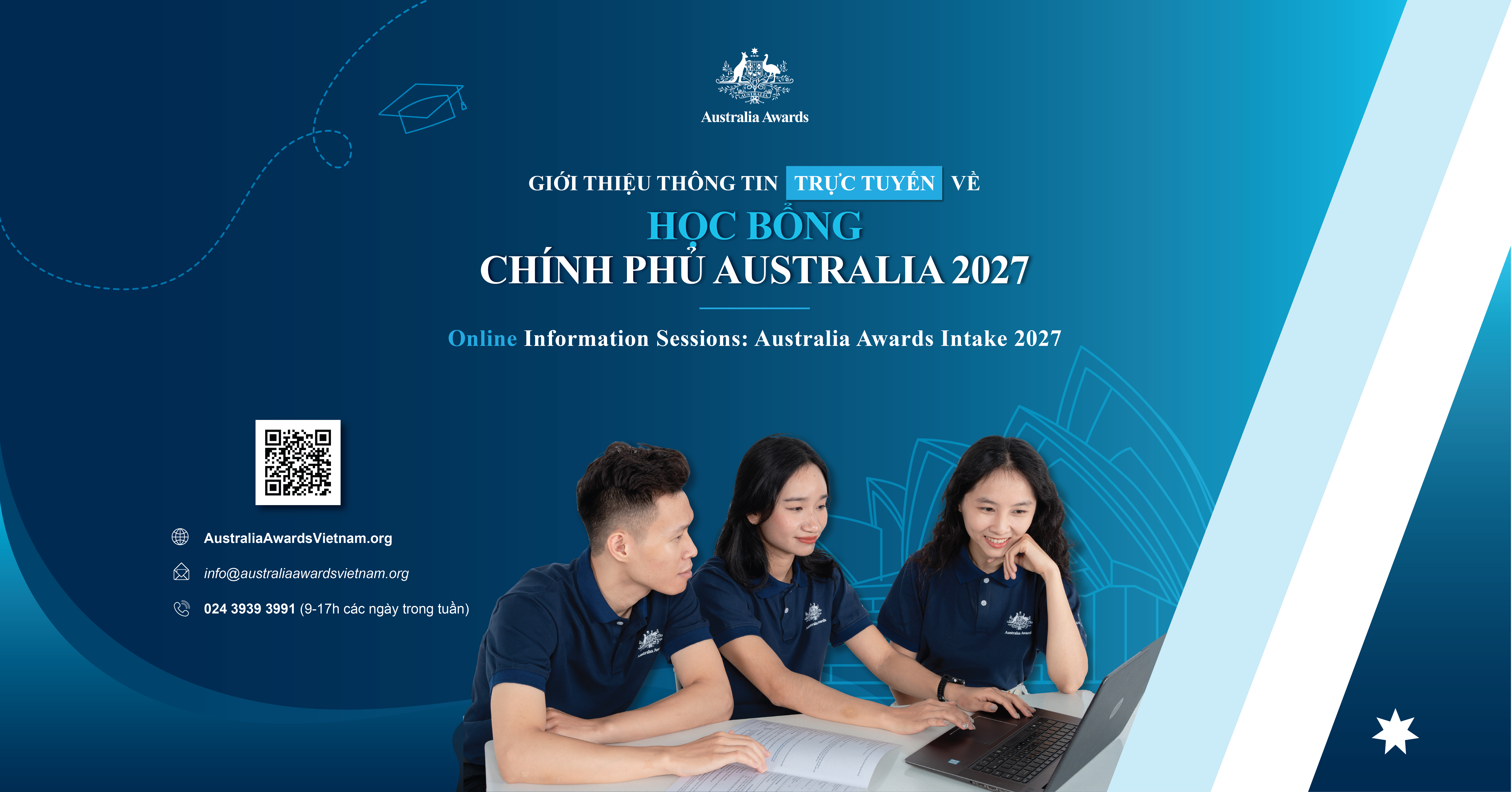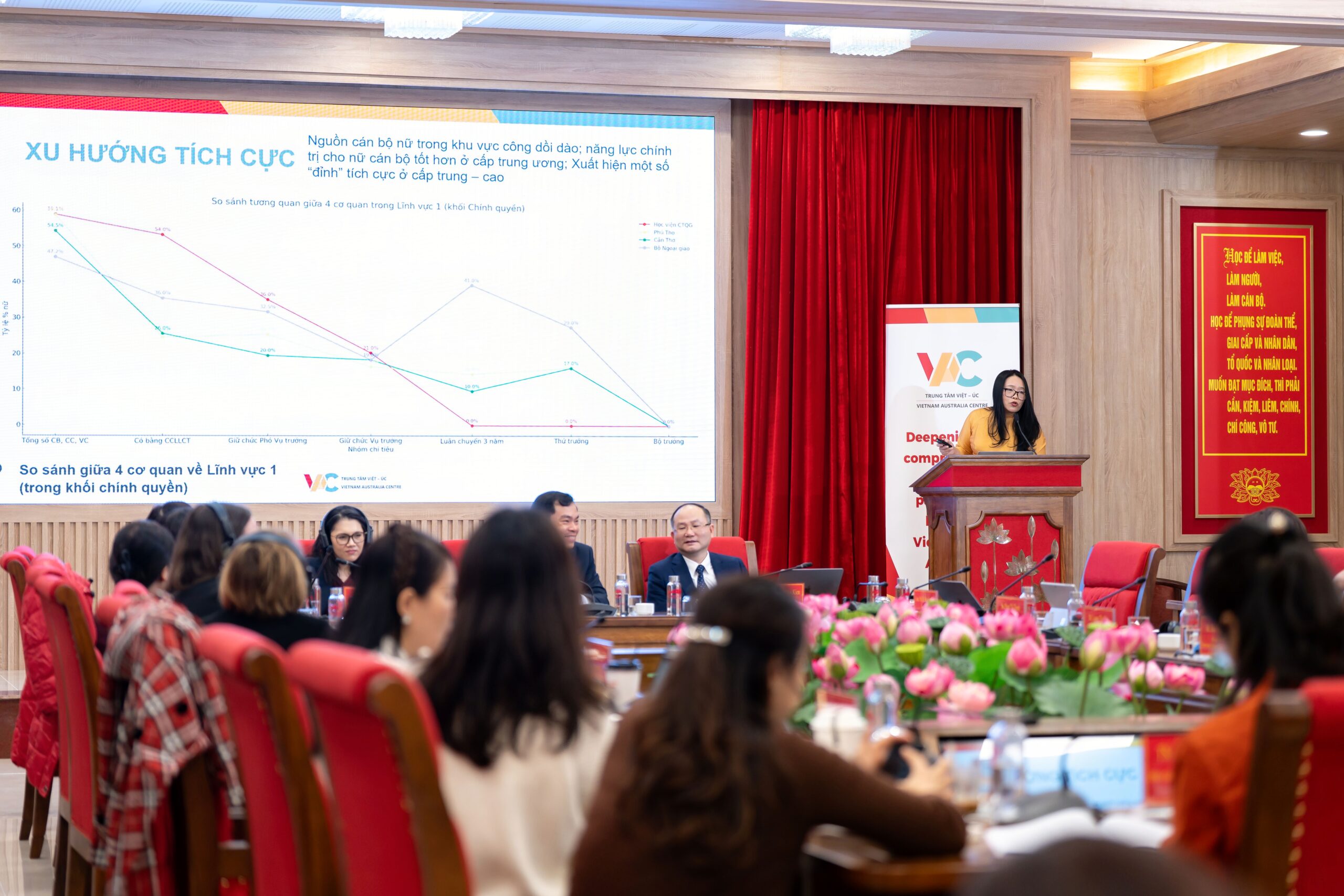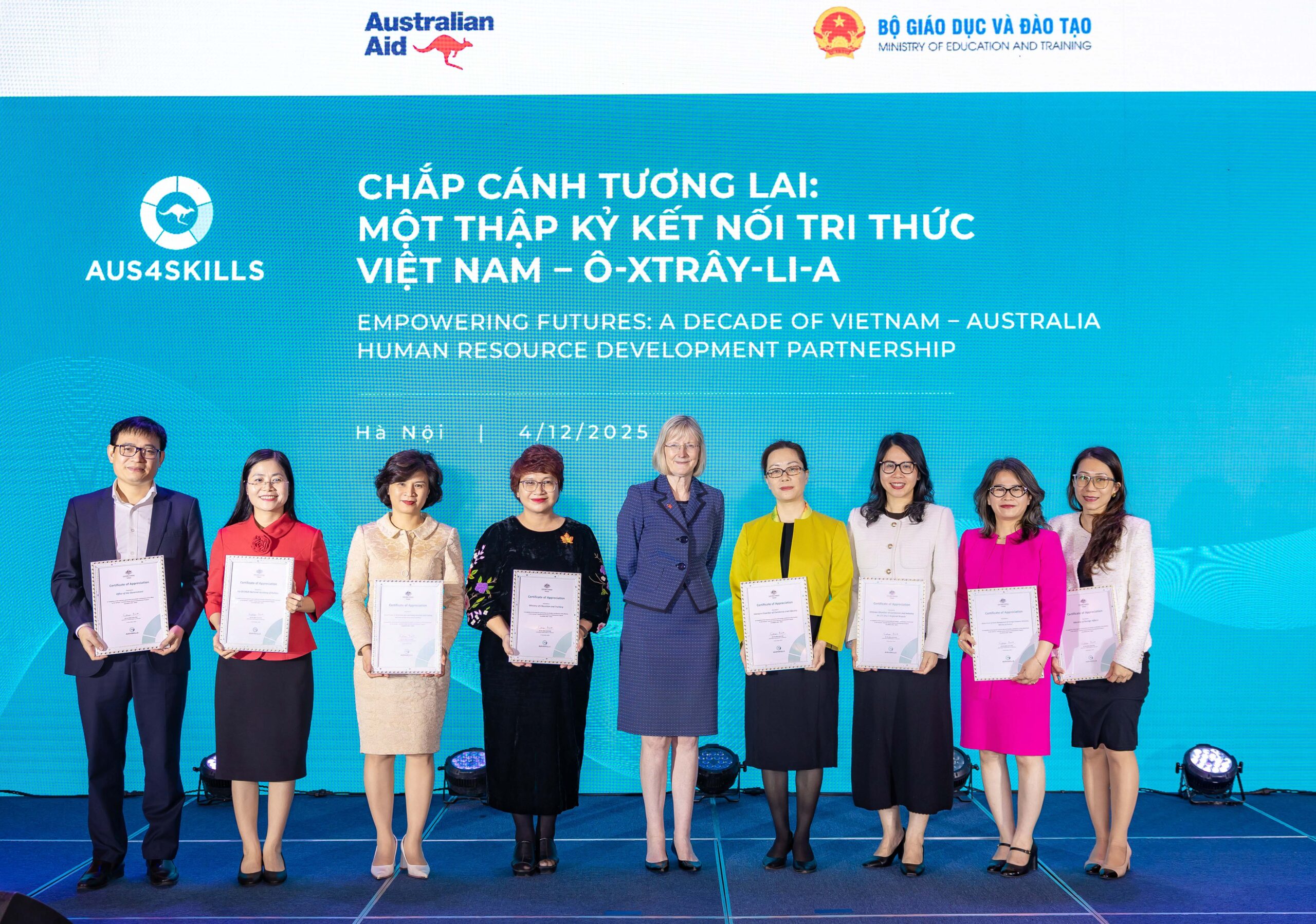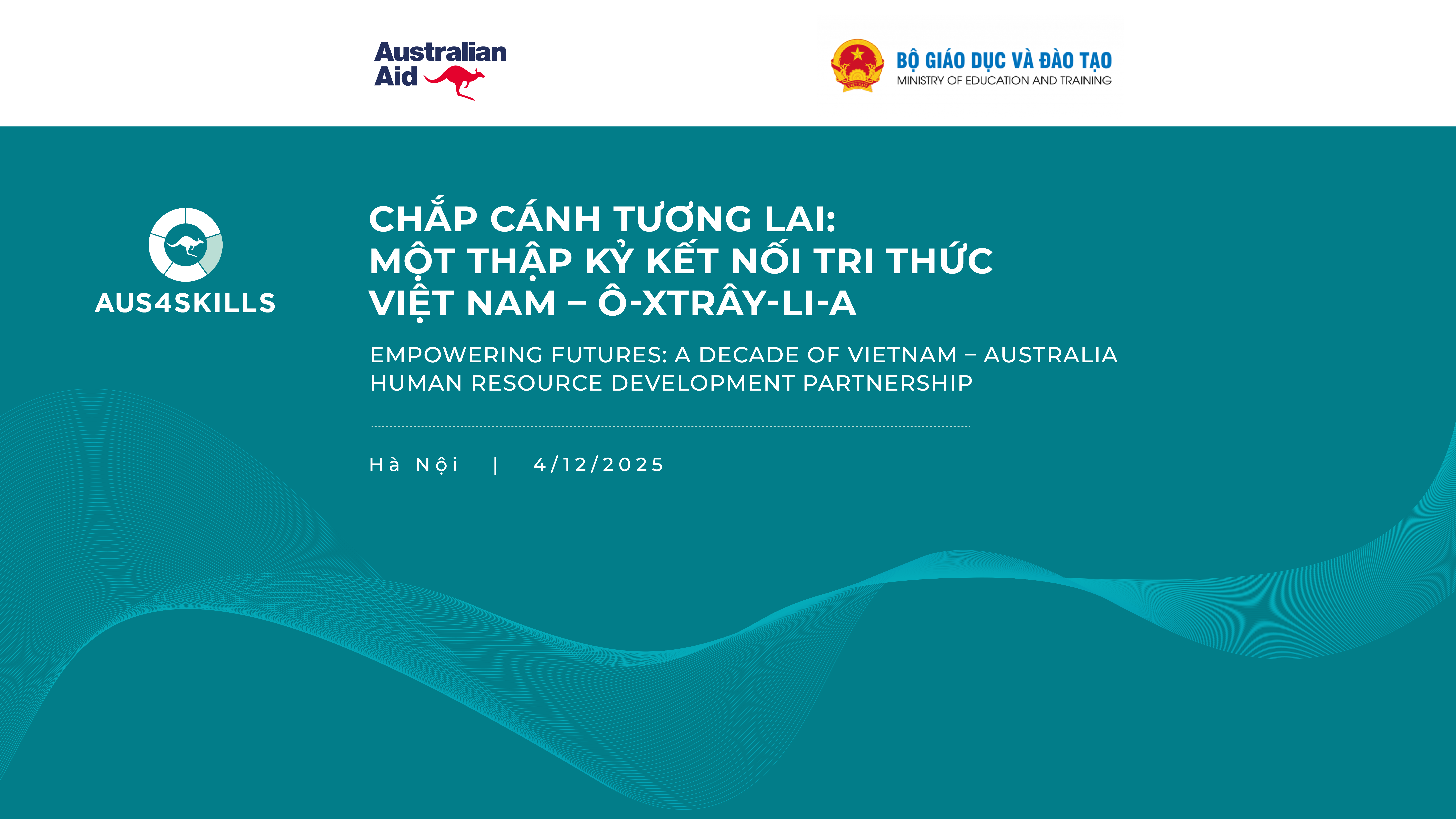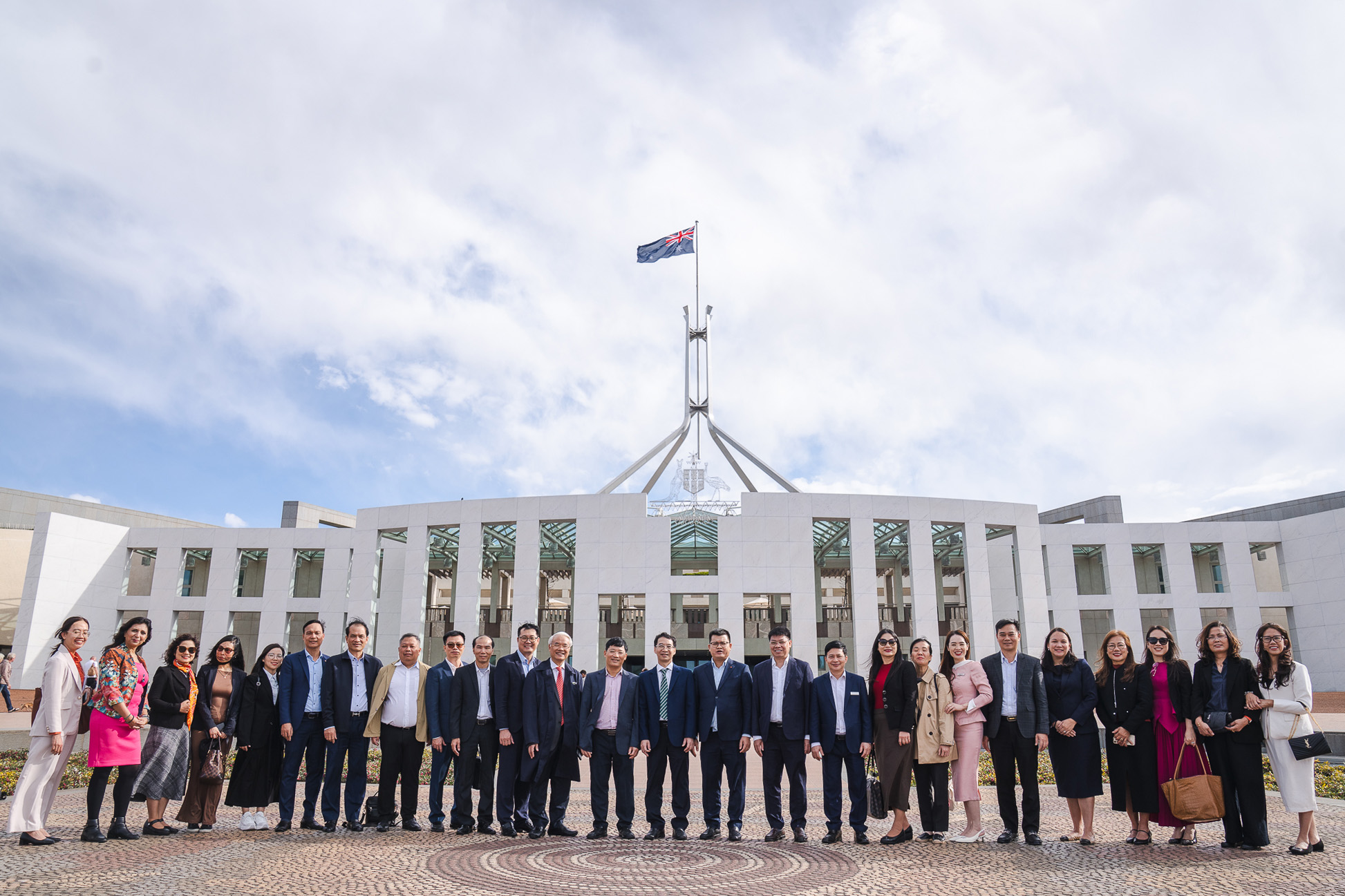Vietnam and Australia are collaborating to build capacity for Vietnamese government officials and support Vietnam’s digital transformation and climate change actions. These are two new and important pillars of the bilateral Comprehensive Strategic Partnership, announced by our Prime Ministers in March 2024.
Some of the latest examples of this cooperation are the three Australia Awards Short Courses titled “Data Governance and Policymaking,” “Data Governance, Collection and Management,” and “Building Blocks for Domestic Carbon Markets through Enhancing Greenhouse-gas Inventory and Reporting Capacity”, which took place from March to May 2024.

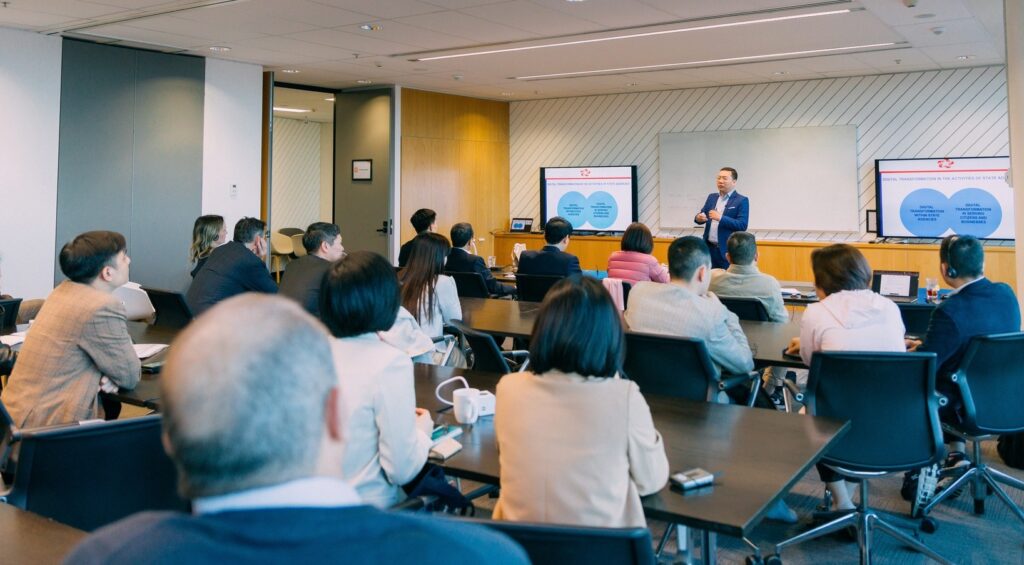
Training activities in Australia in the “Data Governance and Policymaking” course

Participants of the “Data Governance, Collection and Management” course
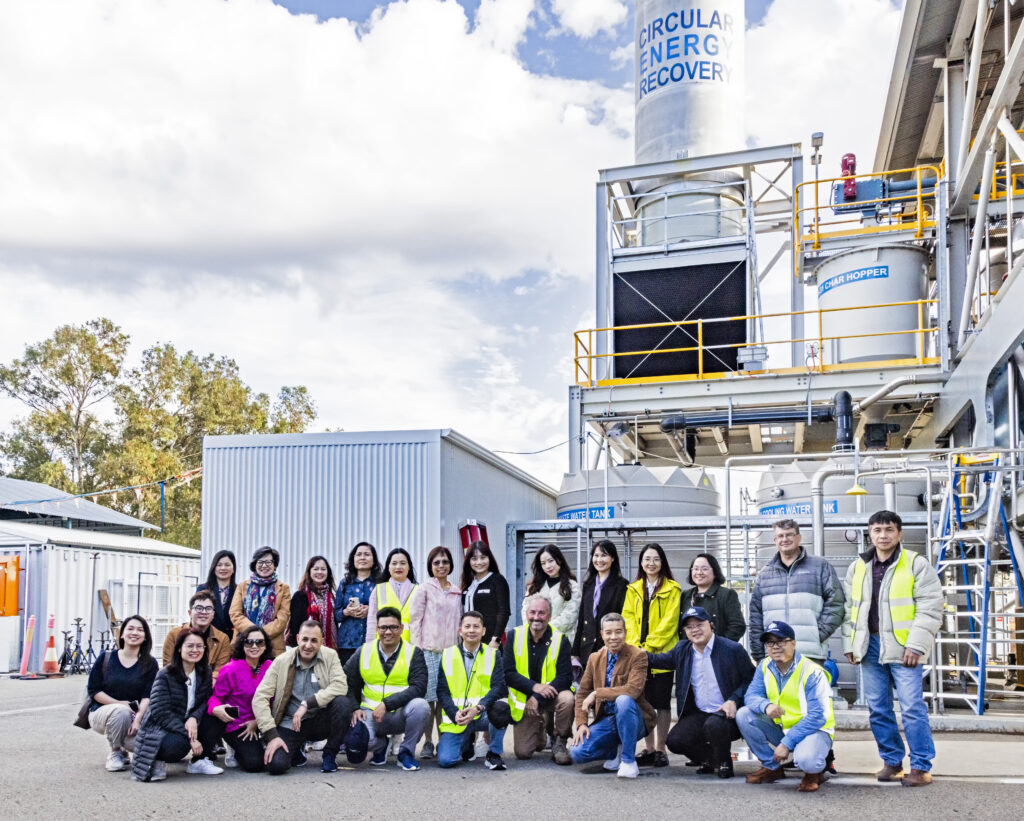
Participants of the “Building Blocks for Domestic Carbon Markets through Enhancing GHG Inventory and Reporting Capacity” visit Hazelmere Resource Recovery Park in Perth
With key training activities in Australia and introductory and wrap-up workshops in Vietnam, the three courses have equipped about 50 senior officials from the Vietnam Office of Government, Ministry of Information and Communications, Ministry of Public Security, Ministry of Natural Resources and Environment, Ministry of Agricultural and Rural Development, Ministry of Industry and Trade, and Ho Chi Minh People’s Committee with enriched expertise in various areas of digital governance, energy transition, and climate change.

Panel discussion “Towards a Responsible Data Future Supporting Decision Making” at the Data governance post-course workshops
These courses were funded by Australia’s Department of Foreign Affairs and Trade (DFAT) through the Mekong Australia Partnership and organised by the Vietnam Australia Centre.
The courses were designed to respond to Vietnam’s capacity building demand and support the country to realise its 2023-2024 priorities of implementing effective data governance and developing the national data centre to drive its digital transformation agenda, as well as to enhance greenhouse gas (GHG) reporting capability for the establishment of the country’s domestic carbon market.
The course provided rich content focusing on foundational data governance frameworks and Australia’s regulatory frameworks for GHG inventory. Participants delved into policymaking in Australia, the complexities of data governance, strategies for navigating digital technologies and GHG reporting mechanisms. This deep dive into theoretical and practical aspects equipped the attendees with advanced knowledge and skills to drive strategies within their respective government roles. Throughout the time in Australia, participants engaged in an extensive series of interactive sessions with state and federal government agencies, which served as a cornerstone of their learning experience.








